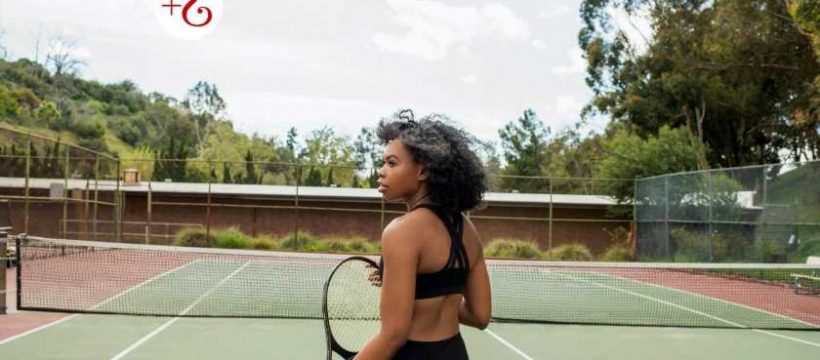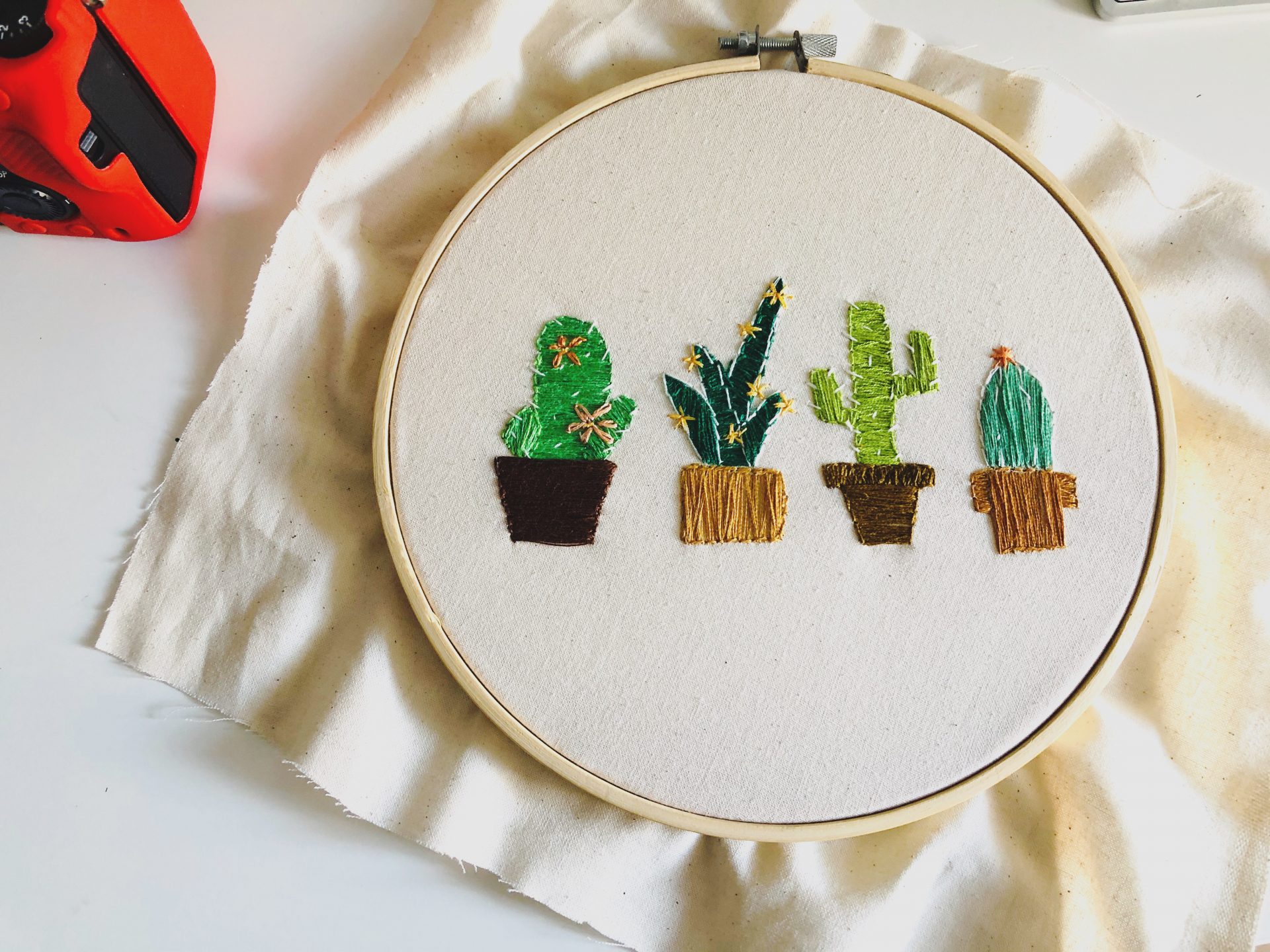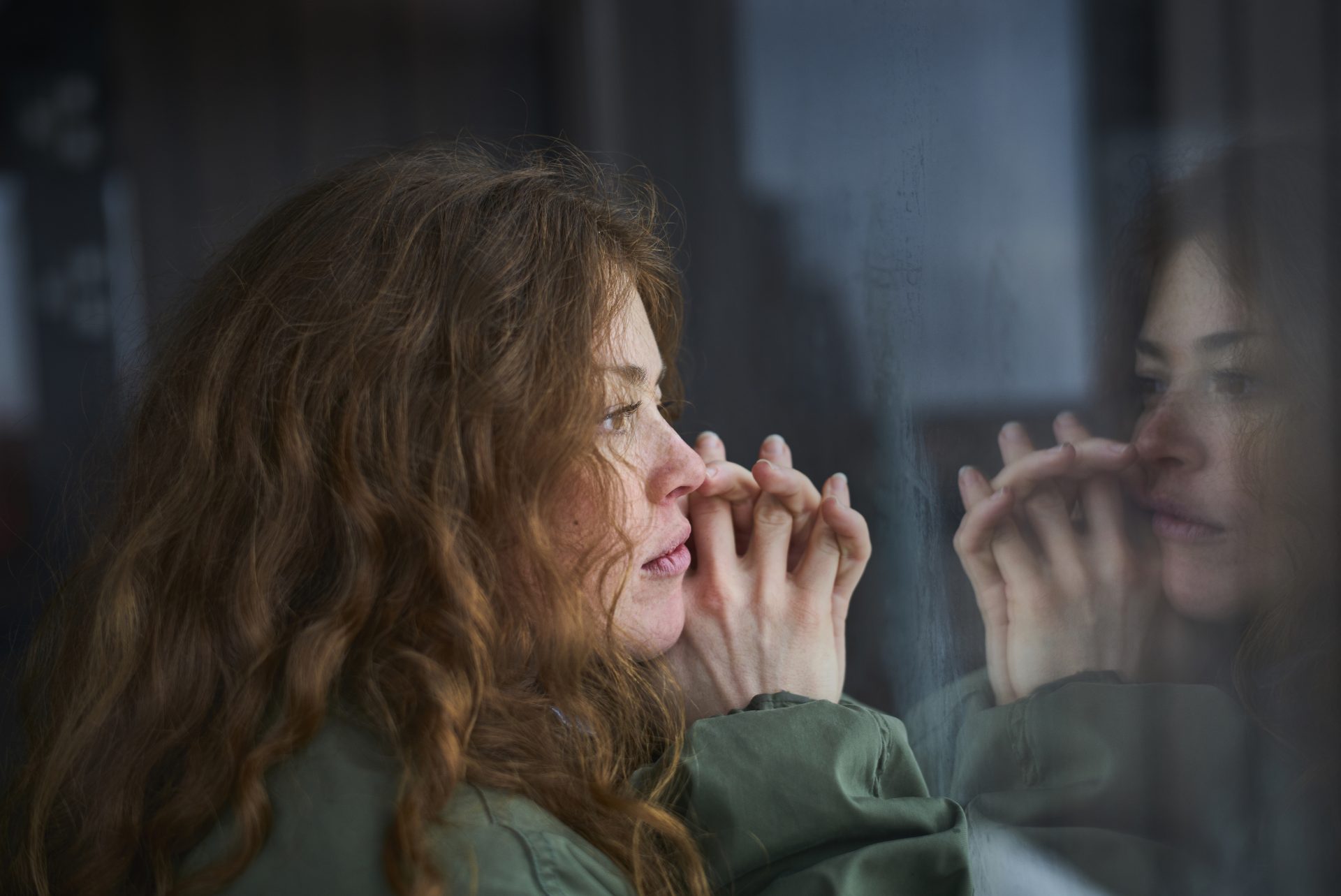Written by Lauren Geall
As Stylist’s digital writer, Lauren Geall writes on topics including mental health, wellbeing and women’s issues. She’s also a big fan of houseplants and likes to dabble in film and TV from time-to-time. You can find her on Twitter at @laurenjanegeall.
We all know how good having a hobby can be for us – but why do so many women struggle to try something new in the first place? Stylist takes a closer look.
Like many of us, I tried to pick up a new hobby during lockdown. Faced with an endless slew of Zoom calls, an overactive mind and way too much free time, I needed to take my mind off of things – and learning a new skill felt like the perfect antidote to the stagnancy of life during a pandemic.
First, I tried watercolour painting. I follow a number of incredible watercolour artists on Instagram, and I’d always thought it looked like a nice way to relax and unwind. But that didn’t end up being the case. Not only did I struggle to think of anything original or interesting to paint (the only thing I could come up with was a couple of potted plants and the occasional flower), but when I did try to do something different, it ended up looking nothing like what I’d imagined, leaving me more frustrated than when I’d started.
Fed up with my lack of inherent ability, I decide to move on to pottery – but the same thing happened again. Despite following the instructions to a T, my creation looked nothing like the little vase on the box; the texture was rough, the handles were bendy and the shape was questionable. Soon after, I moved on to embroidery, but I found myself at a dead end once more when my thread kept getting tangled. Calligraphy, paint by numbers and macramé all ended up the same way – as soon as I discovered I wasn’t brilliant, I was done.
I know how ridiculous all of that sounds, and I cringe every time I catch a glimpse of my abandoned projects lying in the corner of my bedroom. But I’m not surprised things ended this way. Because the fact of the matter is, I’ve always been a terrible beginner. If I’m not good at something straight away, I’m no longer interested.
I’m certainly not the only one who feels like this. As children, we enjoy the thrill of learning new skills, but as adults, many of us find it hard to dive headfirst into something we’ve never done before. Even the pandemic, which led many people to quit their jobs and discover new ways of living, doesn’t seem to have changed our attitude towards starting new things – in a poll of my Twitter followers, over half (56.3%) still said they were uncomfortable with being a beginner.
But why is this? Sarah Challacombe, an integrative humanistic therapist at Resilience Zone, believes it’s got something to do with the fear many of us have about being ‘wrong’. “There is an assumption that when we’re grown-up we have the answers, so to admit that we don’t always have them can be intimidating,” she says.
“As we get older the idea of doing something new or different can be uncomfortable and scary. Through life experience, we’re more aware of the reality and consequences if we fail at something. There may also be people in our lives who we don’t want to let down or look ‘silly’ in front of.”
Even if we try to resist it, social media also leads us to compare our skills to others – and that kind of self-talk can also be incredibly limiting, Challacombe explains. “We compare ourselves to others who we identify with as being like us, so seeing them further ahead can be intimidating. In this way, the fear of starting something new can be so overwhelming that we don’t even give ourselves the chance to try, so we stay within our comfort zone.”
Among the respondents to my Twitter poll, many of those who said they found it hard to be beginners echoed this sense of fear and discomfort at being ‘worse’ than others. Indeed, as one response read: “I get such embarrassment if I’m not good at something straight away, which I know is ridiculous. Especially if there are lots of non-beginners around me, who I’m sure were in the same position as me and have worked really hard to build skills, but I feel so anxious about it!”
Another added: “I absolutely HATE it. I’m a perfectionist, and if I don’t feel like I’m improving or instantly good at something, then I’m likely to give up.”
While it’s comforting to know that I’m not the only one who feels this way, it’s frustrating to see so many of us being held back by the fear that we won’t be good at everything we try. After all, most of the ‘new’ things we try as adults aren’t things we need to be good at. But despite this, it seems that we can’t let go of the idea that not being an expert at something from day one is OK.
That doesn’t mean we can’t learn to be good beginners though. Being able to try new things can be incredibly beneficial – those who reported being ‘good beginners’ on my Twitter poll spoke predominantly about the joy and satisfaction that comes from developing new skills and techniques – it can just take a little work to get there.
Nova Cobban, a psychotherapist and coach who works with her clients to help them overcome the psychological blocks stopping them from being successful, says the first step towards being a ‘good beginner’ is all about transforming the way you talk to yourself.
“When we fill ourselves with negative self-talk, we can stop ourselves from trying something new before we’ve even started, so try to use positive language with yourself,” Cobban says. “We tend to focus on what could go wrong rather than what could go well, and while that’s understandable as a way to protect ourselves, we often try to preserve things like our self-image without it really being necessary.”
Some examples of healthy self-talk could be praising yourself for trying something new or focusing on the benefits which may come from opening yourself up to new experiences. You could even try some positive affirmations – while it may seem kind of ‘wishy-washy’ at first, it really works.
As well as some other simple tricks – such as reminding yourself of the successes you’ve had in the past or trying small things and working your way up – Cobban also recommends trying to build a curious mindset. This isn’t as big a deal as it sounds: all it really means is trying to reframe the automatic thoughts and assumptions that come into your head with a different perspective.
“Try to look at new things as an experience you want to give yourself, or a new way to understand who you are,” she says. “When I try something new, I look at it through the lens of how I want to experience myself. So, I may want to experience myself as committed, so doing something new like running and sticking to it for a set period of time would give me that experience. Or I may wish to experience myself as brave, so trying the high ropes at an outdoor centre would allow me to have that. Keep your personal objective in mind so you don’t lose sight of why you wanted to try this new experience.”
It may seem scary (trust me, I can relate), but trying something new can be an incredibly rewarding way to expand your horizons, learn something useful and even make new friends in the process.
Getting out of your comfort zone is hard, but by reframing the way you see new things as an opportunity to learn and grow, you’ll be able to take the pressure off and enjoy the journey just that little bit more. And who knows – you may just find your new favourite hobby in the process.
Images: Getty
Source: Read Full Article


